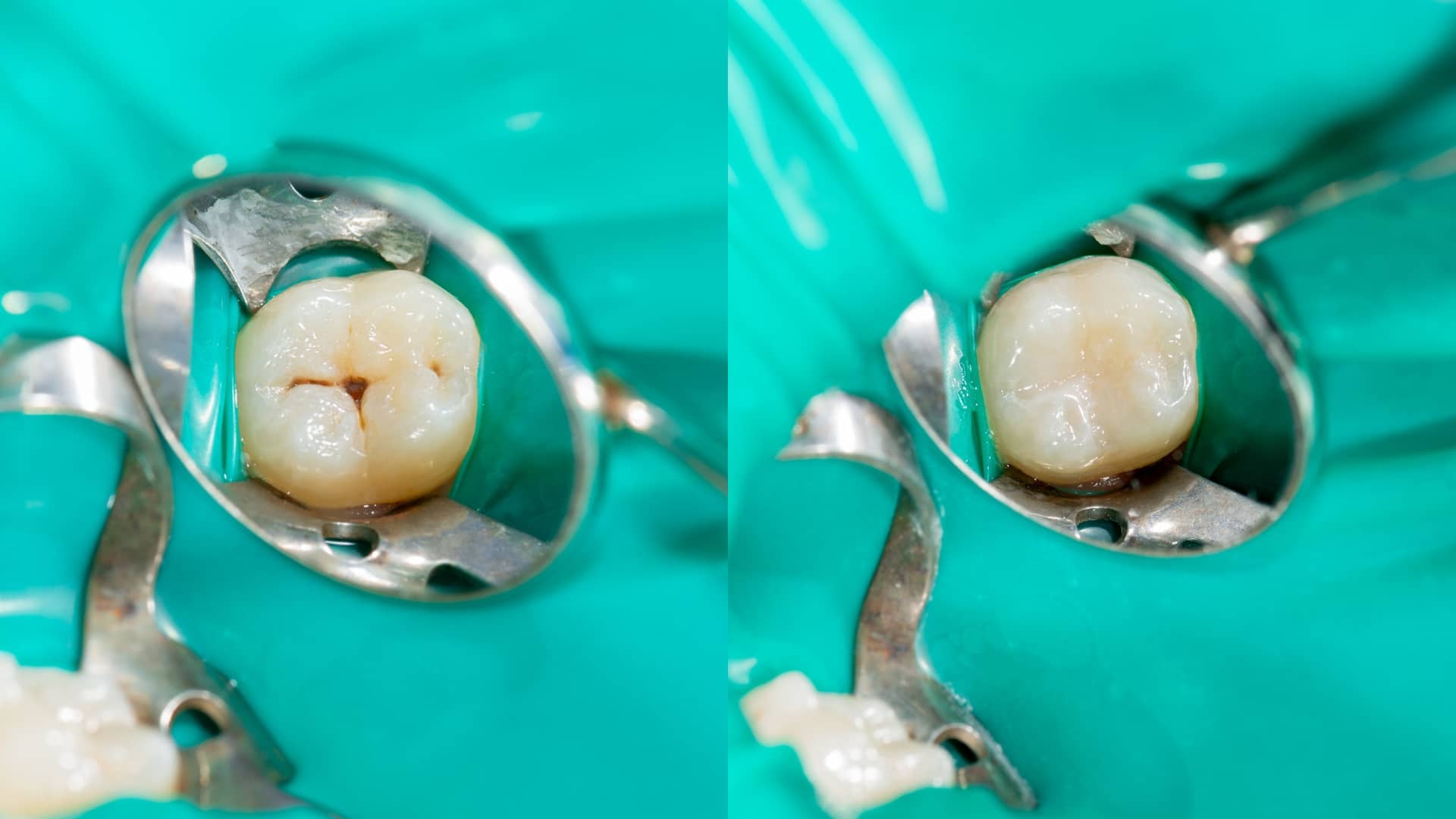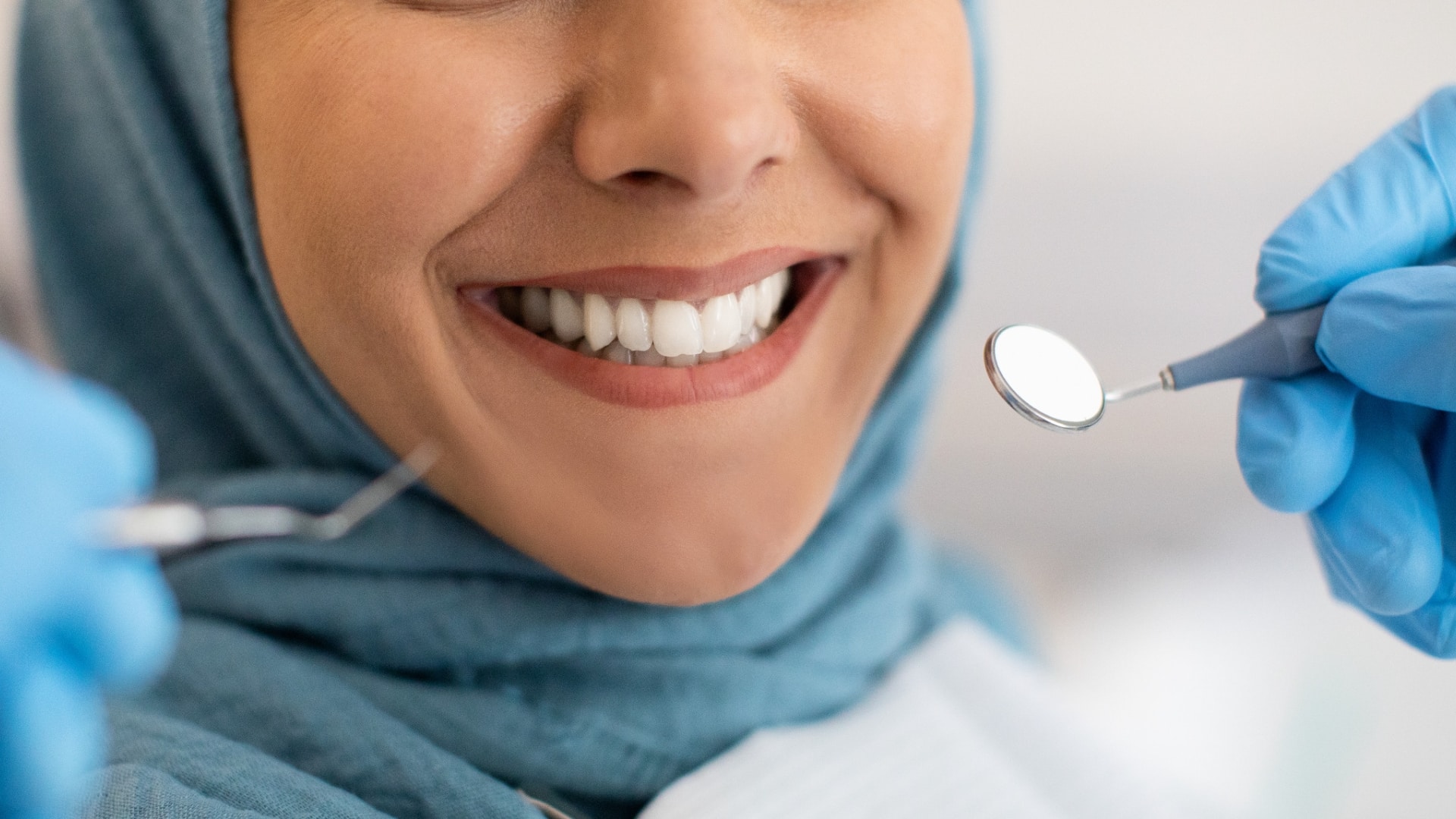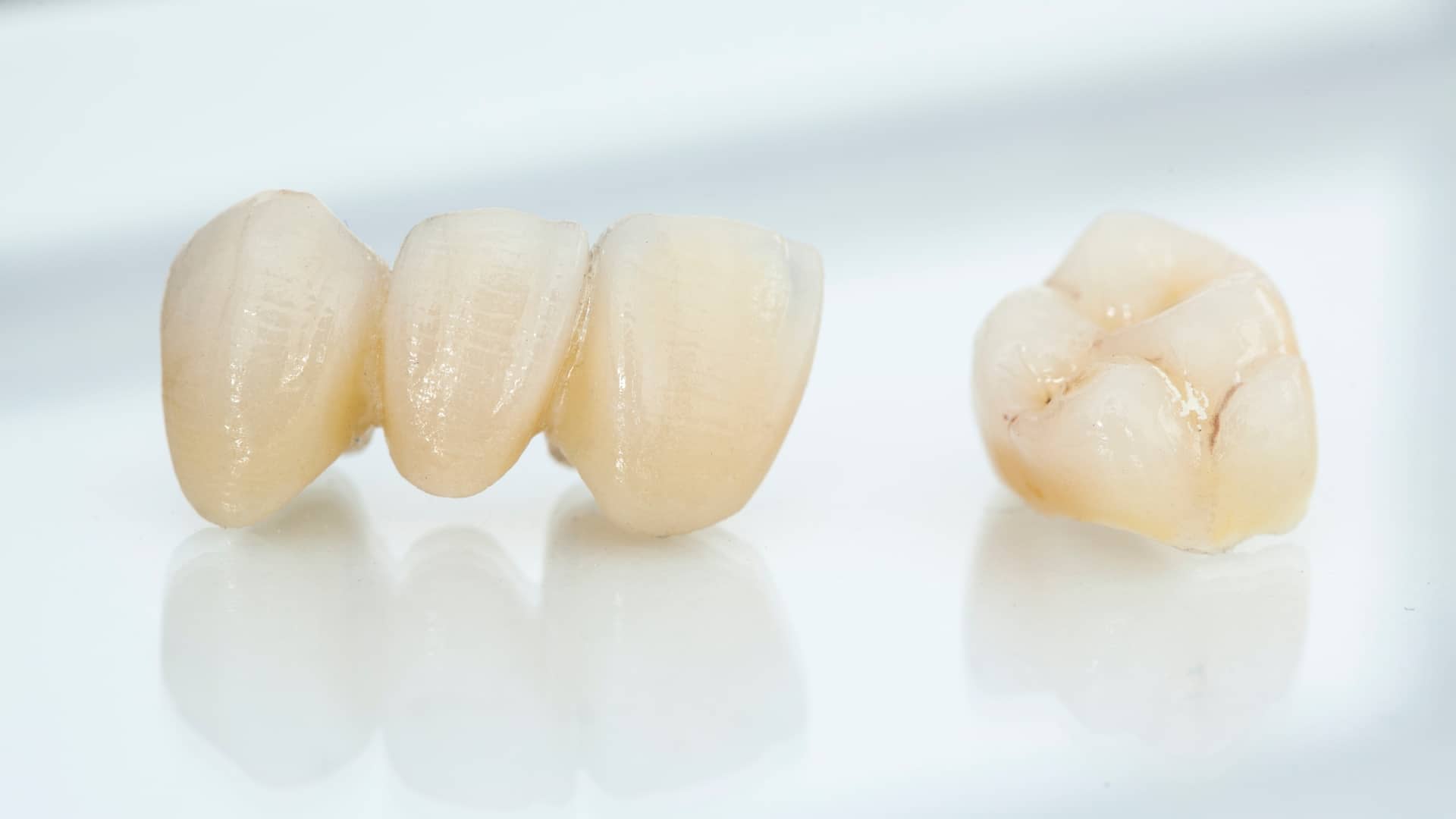
Dental Fillings
Dental fillings Cosmetic dental fillings refer to fillings that are used to improve the appearance of teeth, in addition to restoring function and preventing further

Dental care refers to the maintenance and treatment of teeth and gums to prevent oral diseases and keep them in good health. This includes regular check-ups and cleanings with a dentist or dental hygienist, as well as daily practices such as brushing and flossing. Maintaining good oral hygiene and receiving regular dental care can help prevent tooth decay, gum disease, and other oral health problems.
Also known as a dental examination, is a routine appointment with a dentist or dental hygienist to assess the health of your teeth and gums, and to detect any potential issues. The appointment typically includes a visual examination of the teeth, gums, and mouth, as well as cleaning and polishing of the teeth. X-rays may also be taken to check for decay or other problems not visible during the visual examination. The frequency of check-ups can vary depending on the individual’s needs, but it is generally recommended to have one every six months.
For several reasons:
During a check-up, a dentist or dental hygienist will examine your teeth and gums for any signs of decay, infection, or other issues. This can help to detect and treat problems early on, before they become more serious.
It includes cleaning and polishing of the teeth to remove plaque and tartar which can cause tooth decay and gum disease if not removed.
Dental X-rays are an important diagnostic tool that can help detect problems that are not visible during a visual examination, such as cavities, abscesses, cysts, tumors, and impacted teeth.
An examination of the mouth, tongue, and throat are also done for signs of oral cancer. Early detection of oral cancer can be life-saving.
Your dentist or hygienist can give you advice on how to take care of your teeth and gums at home, such as the best way to brush and floss, and what types of toothpaste and mouthwash to use.
Research suggests that oral health is linked to overall health and regular dental check-ups can help identify issues such as diabetes, osteoporosis, and heart disease.
Regular dental check-ups are an important part of maintaining good oral health and overall well-being. It is recommended to have one every six months to ensure that any issues are detected early and treated accordingly.
The frequency of routine dental check-ups can vary depending on an individual’s needs, but it is generally recommended to have one every six months. The American Dental Association (ADA) recommends that adults should have a check-up at least twice a year. People with a higher risk of dental problems may need to have check-ups more frequently, such as every three or four months.
People who practice good oral hygiene at home, including brushing and flossing regularly, may be able to wait longer between check-ups.
People with a history of dental problems, such as cavities, gum disease, or oral cancer, may need to have check-ups more frequently
Some medications can cause dry mouth, which can increase the risk of cavities and gum disease, so people taking these medications may need to have check-ups more frequently.
People with certain health conditions, such as diabetes, may be at a higher risk of dental problems and may need to have check-ups more frequently.
It is best to consult with your dentist or hygienist to determine the appropriate schedule for your routine check-up, as they will take into account your individual needs and risk factors.

Dental fillings Cosmetic dental fillings refer to fillings that are used to improve the appearance of teeth, in addition to restoring function and preventing further

Dental Crowns & Bridges Dental prosthetics are a type of dental restorations that completely covers the visible portion of a tooth, restoring its shape, size,

Veneers Dental veneers are thin, custom-made shells that are designed to cover the front surface of teeth. They are typically made of porcelain or composite

Paediatric dental care Primary teeth, also known as baby teeth, play an important role in a child’s overall health and development. They help children learn

Dental Extraction Dental extraction is a procedure in which a tooth is removed from the mouth. Extractions may be necessary for a variety of reasons,
For further information and to book your appointment
Al Itqan Dental Clinic © 2024. All rights reserved